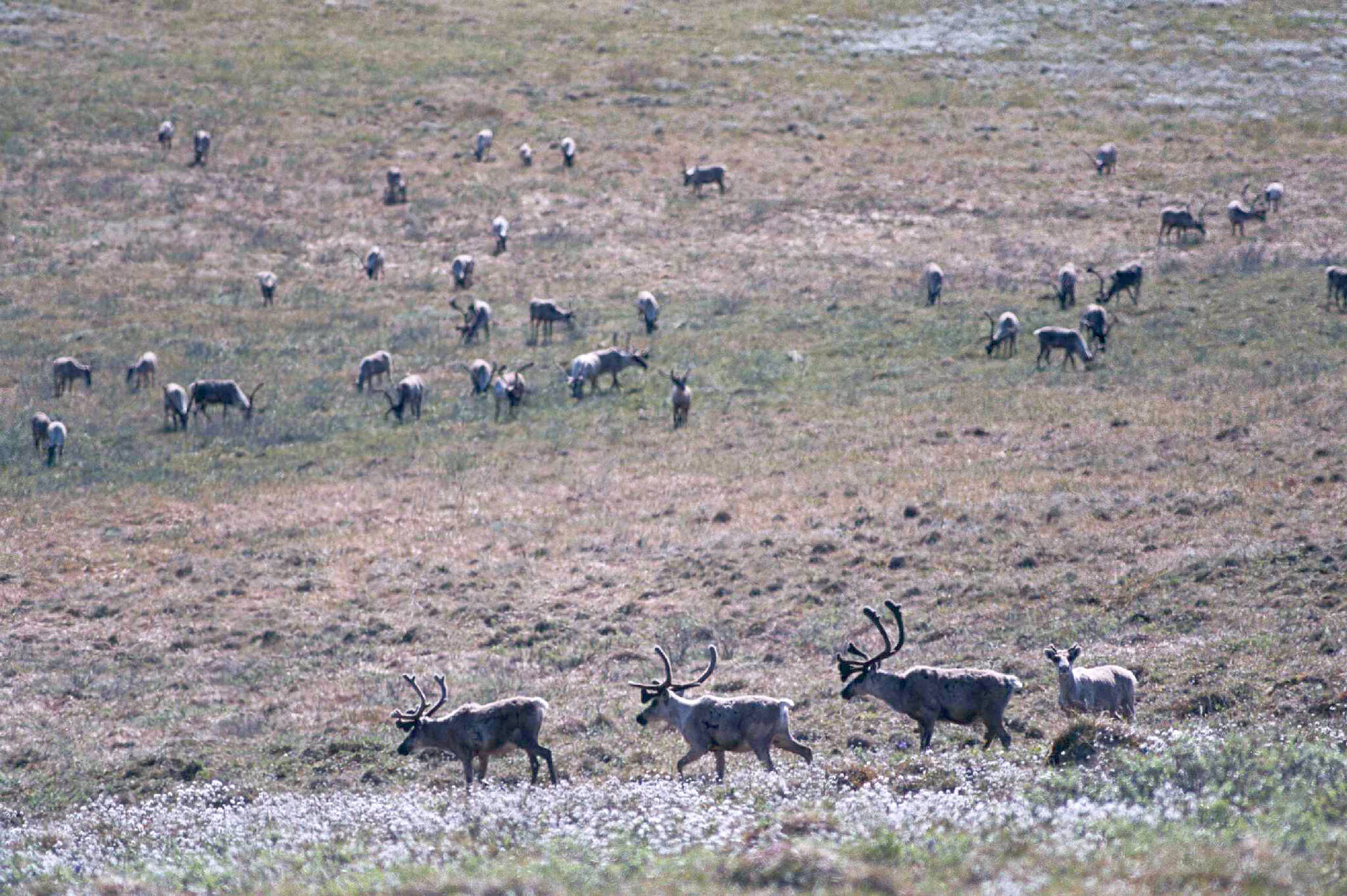The state wasn’t concerned as much about making money as it was asserting and protecting Alaska’s rights to see oil flow from lands within its borders when it paid millions of dollars for federal leases in the Arctic National Wildlife Refuge.
It was a matter of principle, supporters say.
When the Trump administration rushed to put up the leases for bid in the final days of his presidency in January 2021, the Alaska Industrial Development and Export Authority pulled out its checkbook and made sure to stake its claim to some of the acreage — just in case no one else bid.
Asserting that claim has cost AIDEA about $20 million for the bonus bids and annual lease payments, though the U.S. Department of Interior has returned recent payments while it reconsiders the lease sale. The Biden administration is reviewing the controversial sale and has not decided whether to proceed or cancel it.
Rather than waiting for another environmental review, and probably a lawsuit, I suggest state officials accept the reality that the North Slope oil and gas prospect they hold is likely worthless. Standing on principle is admirable, but $20 million is a lot of money, with an additional $3.6 million owed to the U.S. Treasury every year under the leases.
Major oil and gas companies, banks and investors are running away from putting their time and money into new Arctic fossil fuel projects faster than the climate is warming. The fact that no oil producer bid on the ANWR leases says a lot. The fact that a month doesn’t go by without another bank, investment firm or oil company forsaking the Arctic says a lot, too.
Alaska needs to accept the slim-to-nothing likelihood that any company will come along, pay the state for the leases and spend the billions, maybe tens of billions of dollars that would be necessary to explore, develop and produce oil in ANWR.
AIDEA’s $20 million-and-growing investment is looking like a bad bet.
Let’s salvage something out of this. The governor has proclaimed Alaska could get cleanly rich — as opposed to filthy rich — by promising not to sell state timber lands that were never going to be logged anyway and selling “carbon credits” to companies that need to offset the carbon they put into the atmosphere from their operations.
The governor also says the state could add to its carbon-credit wealth by leasing the empty space in depleted oil and gas reservoirs beneath Cook Inlet for companies that want to store carbon dioxide to keep it out of the atmosphere. Far from a proven business plan and with a lot of technical unknowns and risks, it’s another reminder that Alaskans like to think of raising money for public services the easy way — without taxes.
Rather than trying to sell carbon credits for uncut trees or stuffing produced carbon back underground, Alaska could get bigger headlines, more publicity, more social media likes and probably a lot more money by selling credits for not producing in ANWR.
However, a big problem with trying to profit from not producing on a federal oil and gas lease is that it’s not allowed. The federal government requires leaseholders to drill or get off the lot. But I would hazard a guess that the Biden administration might be happy to support a change in the rules so that everyone wins: Alaska would earn a lot of money selling carbon credits to companies that want to proclaim they helped save the Arctic; the state of Alaska and the White House would avoid another contentious court and political battle over ANWR leases; and AIDEA would make some real money.
Sure, this is all a dream. But it’s a sweet dream, where Alaska can keep the leases and actually make money at the same time. After all, dreaming got us into this expensive predicament to begin with.
• Larry Persily is a longtime Alaska journalist, with breaks for federal, state and municipal service in oil and gas, taxes and fiscal policy work. Columns, My Turns and Letters to the Editor represent the view of the author, not the view of the Juneau Empire. Have something to say? Here’s how to submit a My Turn or letter.

